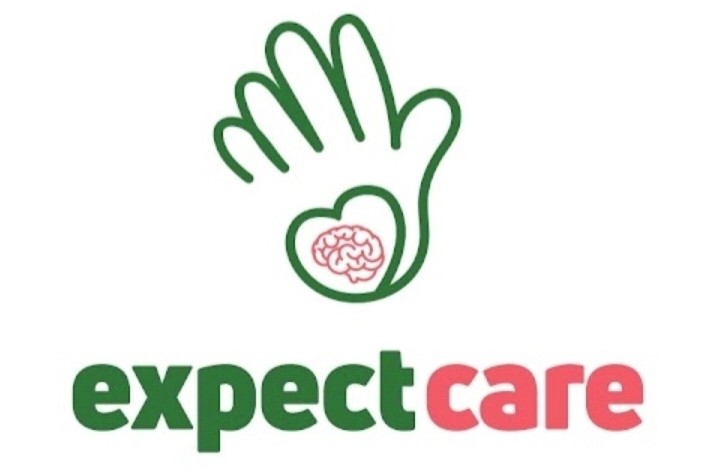Eating disorders not only affect individuals’ physical health but also have profound implications for their mental well-being. Understanding the interconnectedness of mental and physical health in the context of eating disorders is crucial for providing comprehensive care and support.
Let’s explore the impact of eating disorders on both aspects of health and strategies for promoting recovery.
Mental Health Effects of Eating Disorders
- Depression and Anxiety: Eating disorders are often accompanied by co-occurring mood disorders such as depression and anxiety, which can exacerbate symptoms and impair functioning.
- Obsessive-Compulsive Behaviors: Individuals with eating disorders may engage in compulsive rituals related to food, weight, and body image, which can interfere with daily life and contribute to feelings of distress.
- Social Isolation: Shame, guilt, and fear of judgment can lead to social withdrawal and isolation, further exacerbating feelings of loneliness and depression.
- Cognitive Distortions: Eating disorders are characterized by distorted beliefs and perceptions about body weight, shape, and food, which can contribute to low self-esteem and negative self-image.
Physical Health Consequences of Eating Disorders
- Nutritional Deficiencies: Inadequate food intake or purging behaviors can lead to malnutrition and deficiencies in essential nutrients such as vitamins, minerals, and electrolytes.
- Gastrointestinal Issues: Binge eating, purging, or restrictive eating patterns can disrupt gastrointestinal functioning and lead to issues such as constipation, bloating, or gastroesophageal reflux.
- Cardiovascular Complications: Electrolyte imbalances, dehydration, and fluctuations in blood sugar levels can increase the risk of cardiovascular complications such as irregular heart rhythms or cardiac arrest.
- Bone Health: Chronic malnutrition and hormonal imbalances associated with eating disorders can lead to decreased bone density and an increased risk of fractures and osteoporosis.
Promoting Recovery and Healing
Recovery from an eating disorder requires addressing both the mental and physical aspects of the condition through:
- Comprehensive Treatment Plans: Collaborative care involving medical professionals, therapists, dietitians, and other specialists is essential for addressing the complex needs of individuals with eating disorders.
- Holistic Approaches: Incorporating strategies such as mindfulness, yoga, and expressive therapies can help individuals reconnect with their bodies and cultivate self-compassion.
- Relapse Prevention: Learning coping skills, developing a support network, and addressing underlying triggers are essential components of relapse prevention in eating disorder recovery.
The impact of eating disorders extends beyond the physical realm, affecting mental health, relationships, and overall quality of life. By addressing the interconnected nature of mental and physical health in the context of eating disorders, we can support individuals on their journey to recovery and healing.
Let’s strive to foster environments of understanding, compassion, and support for those affected by eating disorders, empowering them to reclaim their mental and physical well-being and embrace a life of balance and vitality.

